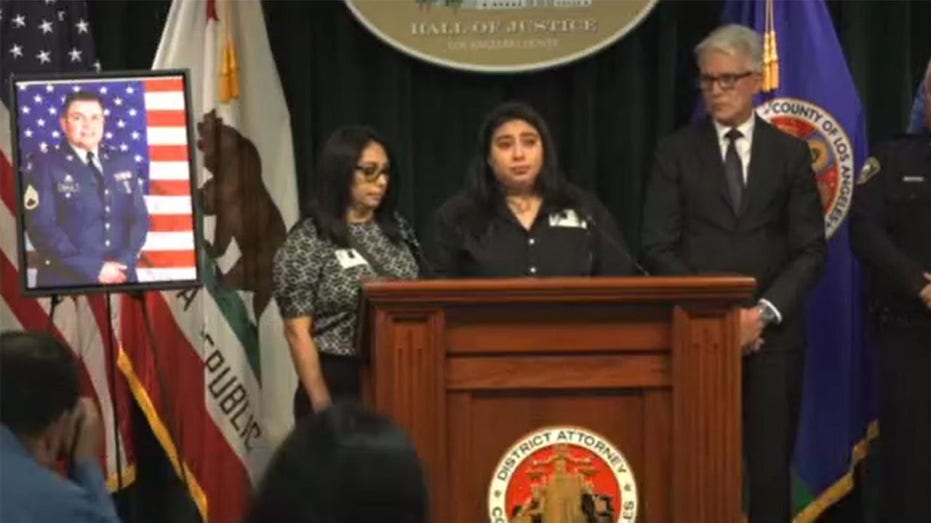Israel’s military chief says that Israel will respond to Iran’s missile strike over the weekend
JERUSALEM (AP) — Israel’s military chief said Monday that Israel will respond to Iran’s missile strike over the weekend, but did not immediately elaborate on when and how. Lt. Gen. Herzi Halevi said that Israel is still considering its steps, but he said that the Iranian strike of missiles and attack drones “will be met with a response.” Halevi spoke during a visit to the Nevatim air base, which Israel says suffered light damage in the Iranian attack.Prime Minister Benjamin Netanyahu has been huddling with top officials to discuss a possible response. World leaders have been urging Israel not to retaliate after Iran launched an attack involving hundreds of drones, ballistic missiles and cruise missiles.The Iranian attack on Saturday marked the first time Iran has launched a direct military assault on Israel, despite decades of enmity dating back to the country’s 1979 Islamic Revolution. The attack happened less than two weeks after a suspected Israeli strike in Syria that killed two Iranian generals in an Iranian consular building. The Israeli military says that 99% of the drones and missiles launched by Iran were intercepted, with the help of other countries including the United States, Britain and France. Despite the reported interceptions, Iran has called the attack a success. Israel and Iran have been on a collision course throughout Israel’s six-month war against Hamas militants in the Gaza Strip. The war erupted after Hamas and Islamic Jihad, two militant groups backed by Iran, carried out a devastating cross-border attack on Oct. 7 that killed 1,200 people in Israel and kidnapped 250 others.
JERUSALEM (AP) — Israel’s military chief said Monday that Israel will respond to Iran’s missile strike over the weekend, but did not immediately elaborate on when and how.
Lt. Gen. Herzi Halevi said that Israel is still considering its steps, but he said that the Iranian strike of missiles and attack drones “will be met with a response.” Halevi spoke during a visit to the Nevatim air base, which Israel says suffered light damage in the Iranian attack.
Prime Minister Benjamin Netanyahu has been huddling with top officials to discuss a possible response. World leaders have been urging Israel not to retaliate after Iran launched an attack involving hundreds of drones, ballistic missiles and cruise missiles.
The Iranian attack on Saturday marked the first time Iran has launched a direct military assault on Israel, despite decades of enmity dating back to the country’s 1979 Islamic Revolution. The attack happened less than two weeks after a suspected Israeli strike in Syria that killed two Iranian generals in an Iranian consular building.
The Israeli military says that 99% of the drones and missiles launched by Iran were intercepted, with the help of other countries including the United States, Britain and France. Despite the reported interceptions, Iran has called the attack a success.
Israel and Iran have been on a collision course throughout Israel’s six-month war against Hamas militants in the Gaza Strip. The war erupted after Hamas and Islamic Jihad, two militant groups backed by Iran, carried out a devastating cross-border attack on Oct. 7 that killed 1,200 people in Israel and kidnapped 250 others.



